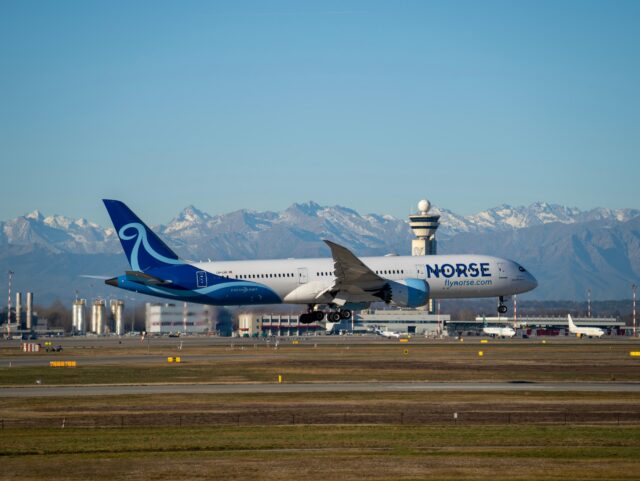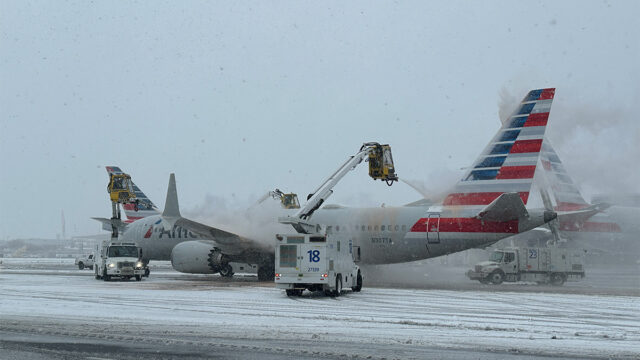USDOT withdraws Biden administration’s proposed rule for airline passenger compensation

September 5, 2025

The US Department of Transportation (USDOT) has officially withdrawn a proposed rule introduced during the late administration of President Biden. The rule would have required airlines to compensate passengers in cash for significant flight disruptions caused by the carriers themselves.

As stated in the withdrawal notice: “The Department issued an Advanced Notice of Proposed Rulemaking (ANPRM) that examined requiring US and foreign air carriers to adopt and adhere to customer service plans identifying essential services (meals, rebooking, hotel, transportation to or from hotel, timely customer service) and compensation which airlines would be required to provide to mitigate passenger inconveniences when the cause of a cancellation or delay for flights to, within and from the United States was due to circumstances within the airline’s control. Consistent with Department and administration priorities, the Department plans to withdraw the ANPRM.”
The Biden administration aimed for stronger passenger rights protections
The withdrawn plan, introduced under President Biden’s DOT, was posted to the Federal Register in December 2024 and opened for public comment in February.
The proposed rule aimed to align US passenger rights with stronger passenger protections in Canada, the EU and the UK. It suggested a range of compensation based on the length of delays, from $200 for delays of three hours to $775 for delays of nine hours or longer.
It would also have required airlines to provide meal and hotel reimbursements, as well as free rebooking, even on competing airlines, for stranded passengers.

A spokesperson for the Department of Transportation told CBS News that withdrawing the rule did not mean that the new administration had abandoned consumer protections entirely.
“We will faithfully implement all aviation consumer protection requirements mandated by Congress, including the requirement to refund ticket prices to passengers in the case of airline cancelled or substantially delayed flights when consumers choose not to travel,” they stated, adding that the proposed rule, “went beyond what Congress has required by statute, and we intend to reconsider those extra-statutory requirements.”
Consumer protection mandates passed by Congress in the FAA Reauthorization Act include more limited provisions relating to refunds.
The FAA Reauthorization Act of 2024 mandates that airlines must provide full, automatic, cash refunds for cancelled or significantly delayed flights if the passenger chooses not to accept rebooking. The Act defines a significant delay for domestic flights as three hours or more, and for international flights as six hours or more.
US airlines objected to Biden’s passenger compensation rule
US carriers strongly opposed the rule, arguing it would raise ticket prices and operational costs. In 2023, Airlines for America (A4A), a trade association representing US airlines including American Airlines, Delta Air Lines, Southwest, and United, issued a statement urging the Biden administration to reconsider enacting such a rule.
In the statement, the group claimed that most flight delays (66%) in the US were attributable to factors outside the airlines’ control, such as severe weather and National airspace management issues. They attributed 33.7% of delays to carriers, but noted that airlines were taking steps to address the operational issues.

“Carriers have taken responsibility for challenges within their control and continue working diligently to improve operational reliability,” A4A wrote. “This includes launching aggressive, successful hiring campaigns for positions across the industry and reducing schedules, notably in the busy Northeast region, in response to the FAA’s staffing shortages.”
As reported by Reuters, in February of this year, A4A urged the Trump administration to end the USDOT review of public comments on the proposed passenger compensation rule.
“Airlines do not need further incentive to provide quality service,” A4A wrote.
Proposed passenger compensation rule was “overly burdensome”
A4A welcomed the USDOT’s rollback of the proposed passenger compensation rule. “
We are encouraged by this Department of Transportation reviewing unnecessary and burdensome regulations that exceed its authority and don’t solve issues important to our customers,” the group said in a statement.
The USDOT spokesperson told CBS News that by rescinding the proposed rule, the USDOT was “acknowledging the realities of carriers’ operations and the impact of overly burdensome regulations on the American people.”
















